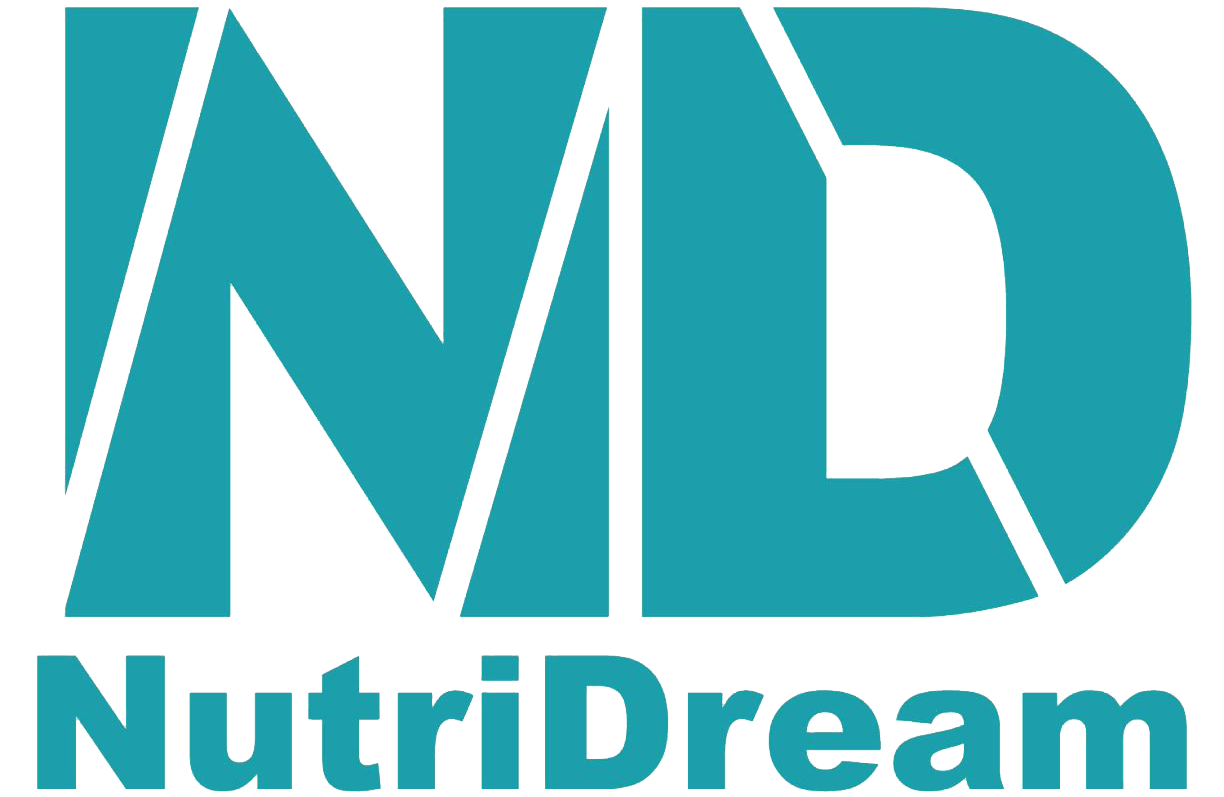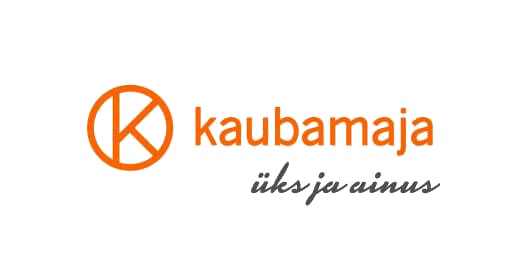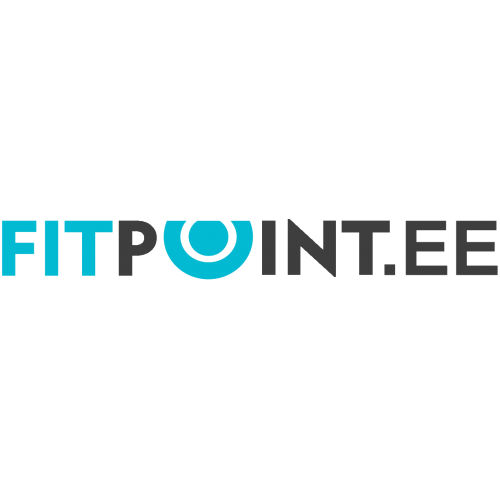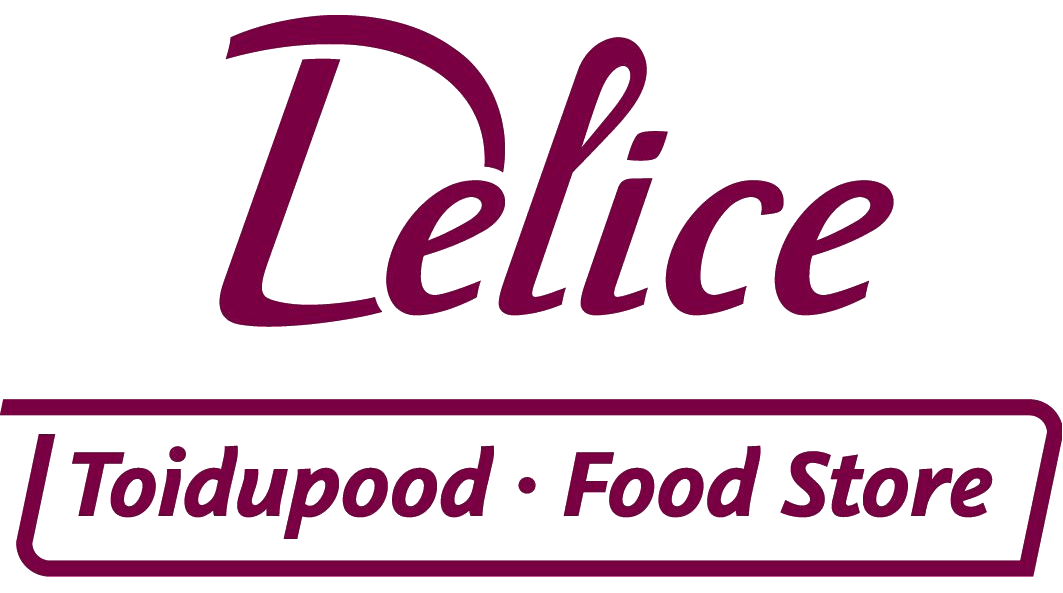How to support thyroid health with nutrition and supplements

The thyroid gland is small but extremely important — it produces hormones (T3 and T4) that regulate metabolism, energy, and the function of the nervous system. When the thyroid works too slowly, it leads to hypothyroidism, a condition in which the body produces too few hormones. This can manifest as fatigue, weight gain, sensitivity to cold, dry skin, and slow digestion.
The opposite condition is hyperthyroidism, in which the thyroid produces too many hormones. In this case, metabolism becomes excessively fast, causing weight loss, palpitations, sweating, anxiety, and sleep disturbances.
In both cases, primary treatment is prescribed by a doctor, but nutrition and the right supplements play an important role in supporting recovery and overall well-being.
Below we highlight science-based dietary recommendations for different thyroid conditions.
Basic nutrition principles for thyroid disorders
Regular and protein-rich meals
For thyroid conditions, it’s important to include an adequate amount of protein (20–40 g) in every meal. Protein supports muscle mass, metabolism, and satiety — all of which are especially important in hypothyroidism.
Adequate fiber intake
Consuming 25–35 g of fiber per day supports digestion and helps prevent constipation, which is a common problem in hypothyroidism.
Fiber-rich foods include vegetables, berries, fruits, whole grains, nuts, and legumes.
If you wish to use fiber supplements, note that they can interfere with thyroid medication absorption. It’s recommended to consult a doctor beforehand.
Iodine – essential but not in excess
Iodine is a vital mineral for the thyroid because thyroid hormones thyroxine (T4) and triiodothyronine (T3) are made from it. These hormones directly affect metabolism, body temperature, growth, and development.
When iodine is insufficient, the thyroid cannot produce enough hormones, potentially leading to hypothyroidism.
However, while iodine deficiency is harmful, excessive iodine intake can also cause problems. Studies show that too much iodine may trigger autoimmune reactions, such as Hashimoto’s thyroiditis or even hyperthyroidism, especially in people predisposed to thyroid disorders¹.
International guidelines emphasize that the daily iodine requirement for adults is about 150 µg, while the upper safe limit is around 1100 µg².
Iodine is mainly obtained from fish, dairy products, and iodized salt — but seaweed can contain very high amounts, so it should be consumed cautiously.
Selenium – antioxidant protection for the thyroid
Selenium is essential for enzymes that convert the hormone T4 into its active form T3, and it also protects cells from oxidative stress.
Studies show that selenium supplementation (100–200 µg daily) can reduce antibody levels in autoimmune thyroid diseases and may partially improve thyroid function — although research results are mixed, and more meta-analyses are needed³⁴.
That said, selenium shouldn’t be taken “just in case.” Doses above 400 µg per day can be toxic and cause side effects like brittle nails or digestive issues.
The best strategy is to first evaluate your diet — selenium is found in fish, eggs, and Brazil nuts. If these foods are lacking, short-term selenium supplementation may be considered under medical or nutritionist guidance.
Iron – especially important for women
Iron deficiency and low ferritin levels are often associated with hypothyroidism.
Iron plays a key role in thyroid hormone synthesis as it’s required for the enzyme thyroid peroxidase.
A 2023 meta-analysis found that people with iron deficiency often have lower levels of thyroid hormones, indicating that the thyroid functions less actively when iron levels are low.
The study also found a link between iron deficiency and higher thyroid autoantibody levels, suggesting a greater risk of autoimmune thyroid disorders.
In pregnant women, iron deficiency has an especially strong impact — it can negatively affect both maternal and fetal thyroid health⁵.
Iron deficiency is particularly common in women due to menstruation, and people with thyroid conditions should monitor their ferritin levels regularly. Correcting an iron deficiency can also improve thyroid function.
However, iron supplements should not be taken at the same time as thyroid medication — a minimum 4-hour gap is required.
Good dietary sources of iron include meat, buckwheat, lentils, and liver.
Zinc – a small mineral with a big impact
Zinc is involved in hundreds of enzymatic processes, including thyroid hormone metabolism and receptor function.
When zinc is deficient, T3 levels may drop, slowing metabolism.
Research shows that zinc deficiency can cause lower T3 and higher TSH levels — both typical of hypothyroidism⁶.
People with zinc deficiency also tend to have more thyroid autoantibodies, indicating an increased risk of autoimmune thyroiditis.
Good sources of zinc include meat, seafood (especially oysters), pumpkin seeds, nuts, and whole grains.
Since zinc absorption from plant foods is lower, vegetarians and vegans are at higher risk of deficiency.
Supplementation may help if needed, but zinc status should always be assessed via blood tests.
Also, note that high doses of zinc can inhibit iron absorption (and vice versa), so these supplements should not be taken at the same time.
Vitamin D – the immune system balancer
Vitamin D plays a key role in maintaining immune balance, which is especially important in autoimmune thyroid diseases.
Studies show that people with Hashimoto’s thyroiditis and other autoimmune thyroid disorders often have lower vitamin D levels than healthy individuals.
Meta-analyses have found that vitamin D supplementation can significantly reduce thyroid autoantibodies, indicating a reduction in inflammatory activity.
However, effects on thyroid hormones (TSH, T3, T4) vary — some studies show improvement, while others do not.
An interesting finding is that in Graves’ disease (an autoimmune form of hyperthyroidism), no strong association with vitamin D was found — except in patients over 40, where the link was more pronounced⁷.
This suggests that vitamin D’s role may vary depending on age and disease type.
Vitamin D sources include sunlight, fatty fish, and fortified dairy products, but in Northern Europe sunlight is often insufficient — therefore, supplementation is usually necessary.
Summary
The thyroid may be small, but its impact on metabolism, energy, and immunity is immense.
Nutrition plays a crucial role both in prevention and supportive therapy: adequate levels of iodine, selenium, zinc, iron, and vitamin D help ensure proper thyroid function — but excess should be avoided.
Timing of medications and supplements is equally important to ensure effectiveness and avoid interactions.
Increasing research confirms that correcting even small deficiencies can help reduce autoimmune activity and improve quality of life.
However, no single food or supplement is a miracle cure — the best results come from a holistic approach: balanced nutrition, personalized dietary planning, doctor-supervised treatment, and targeted supplementation when needed.
NutriDream supplements for thyroid support
NutriDream offers several supplements containing nutrients that are especially important for thyroid health:
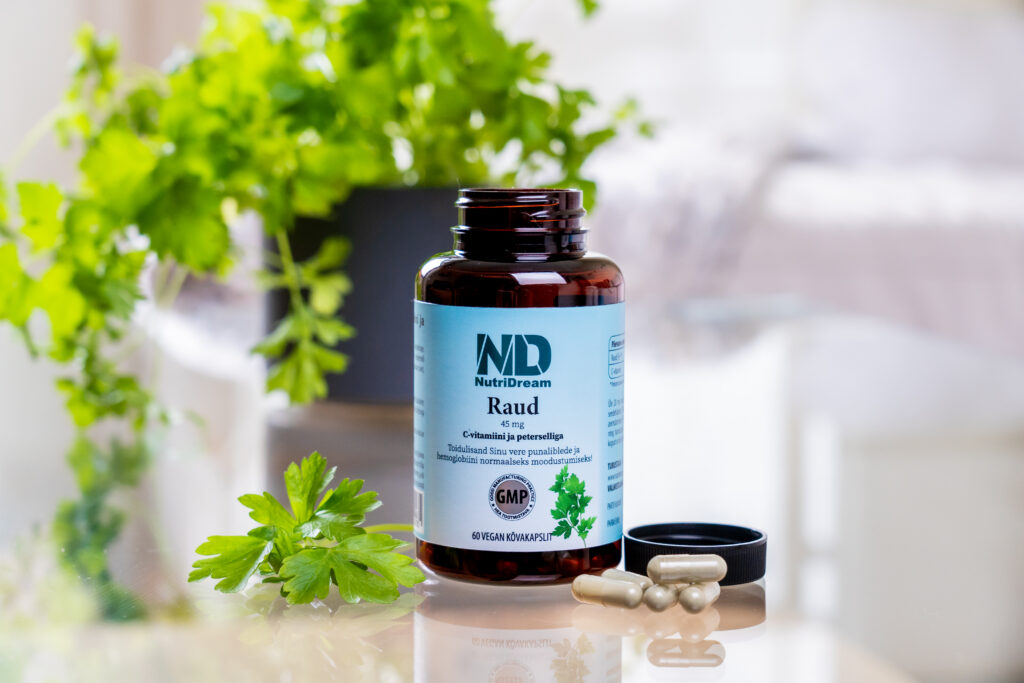
- Iron (45 mg) with Vitamin C and Parsley – a well-absorbed supplement containing Ferrochel™ iron bisglycinate.
- Zinc (20 mg) with Vitamin C and Broccoli – a vegan-friendly supplement containing highly bioavailable zinc bisglycinate (Albion Laboratories, Inc.).
- Vitamin D3 Softgels – each capsule provides 50 µg of vitamin D3 (2000 IU).
Used sources:
1 https://pubmed.ncbi.nlm.nih.gov/33914231/
2 https://ods.od.nih.gov/factsheets/Iodine-Consumer/
3 https://pubmed.ncbi.nlm.nih.gov/38243784/
4 https://www.frontiersin.org/journals/endocrinology/articles/10.3389/fendo.2023.1133000/full
5 https://pubmed.ncbi.nlm.nih.gov/38004184/
6 https://pubmed.ncbi.nlm.nih.gov/39337701/
7 https://bmcendocrdisord.biomedcentral.com/articles/10.1186/s12902-021-00831-5
